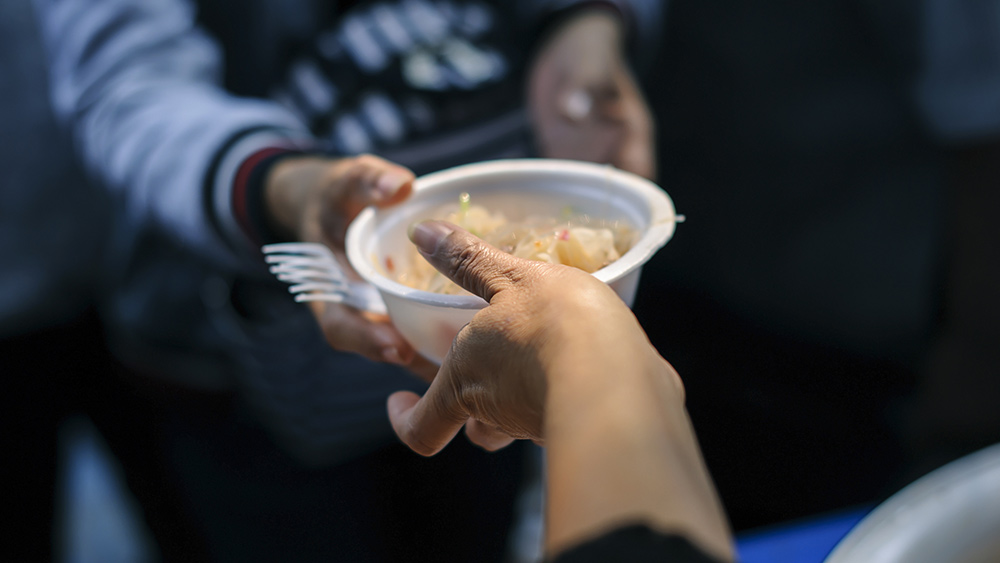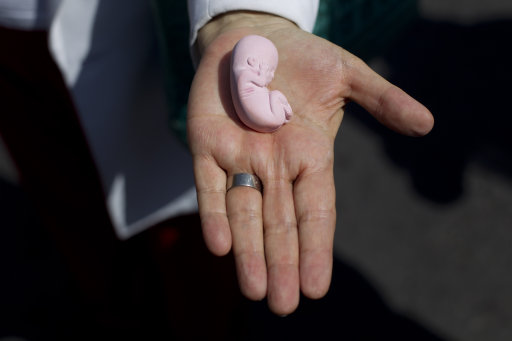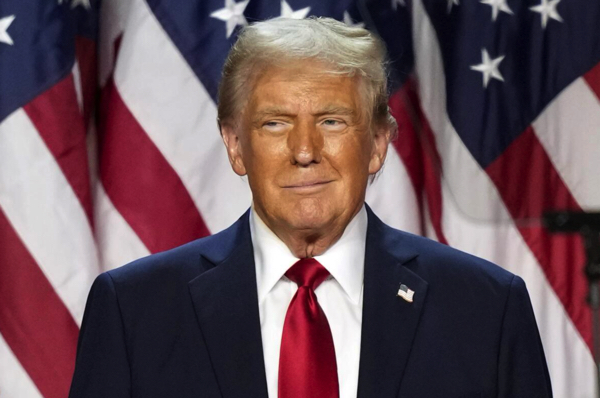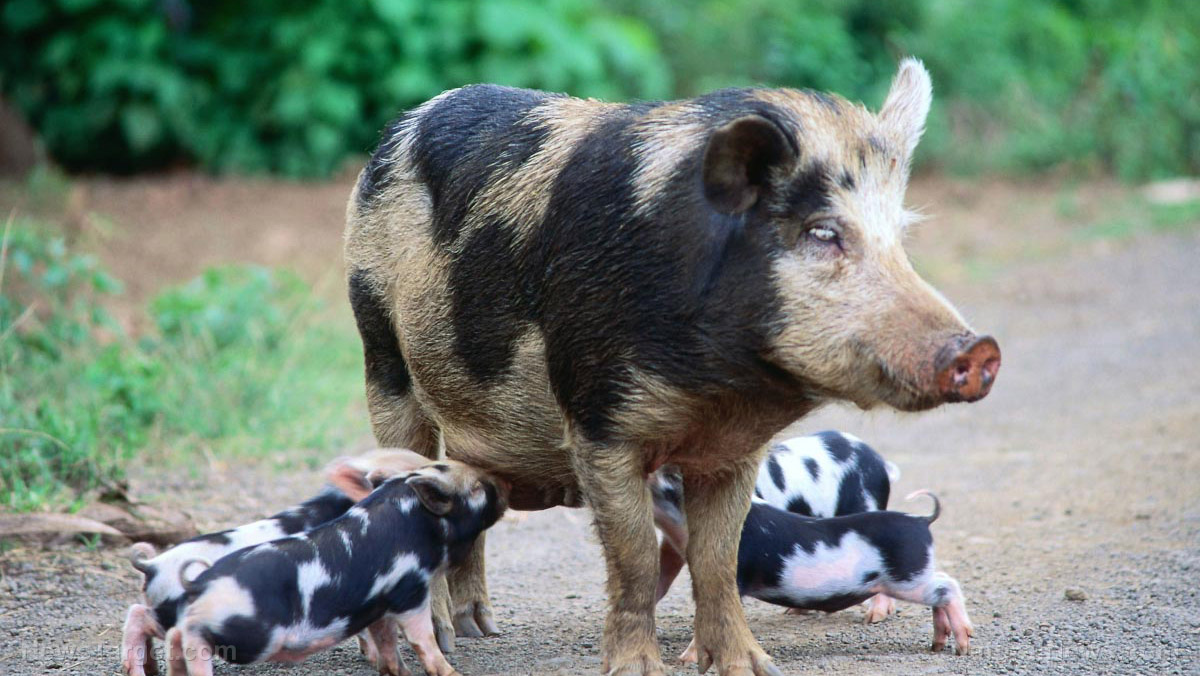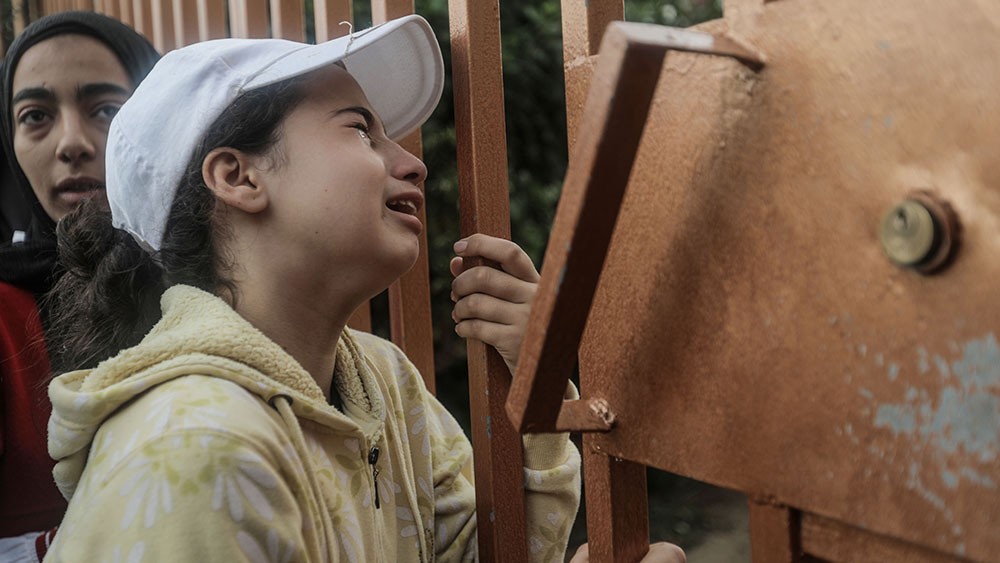Pesticide liability bills spark national debate over corporate immunity and public health risks
08/07/2025 / By Willow Tohi
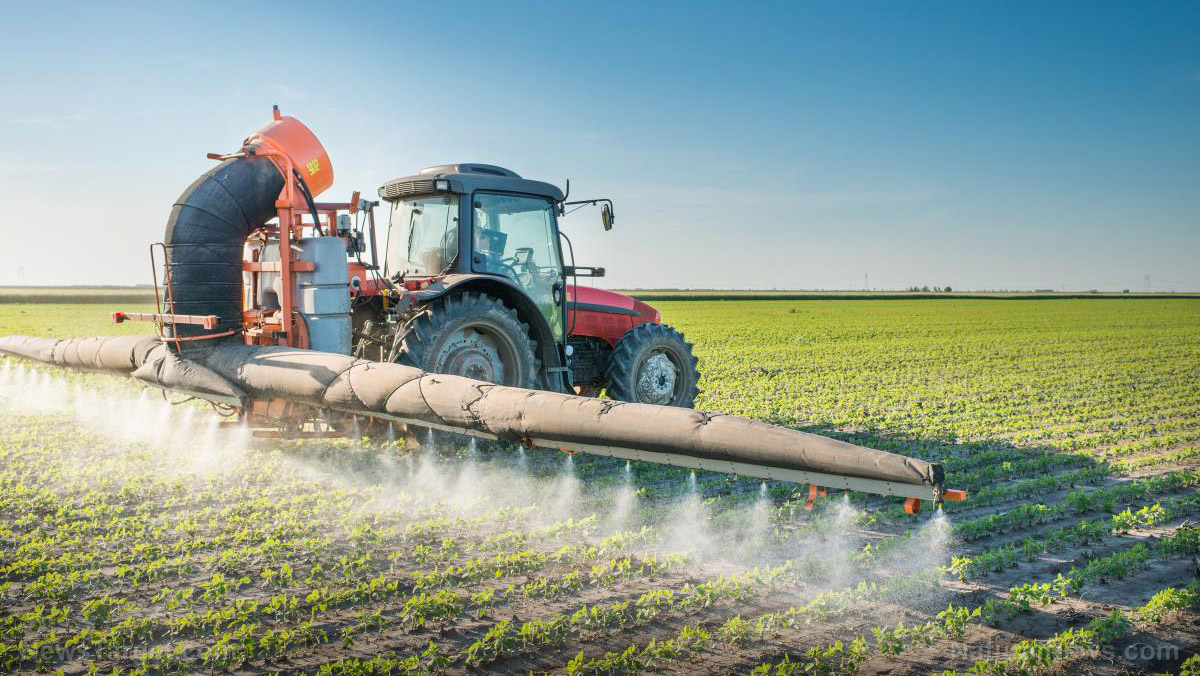
- Missouri, Idaho, Florida and others advance bills shielding pesticide manufacturers from lawsuits.
- Bayer, Syngenta and agrochemical giants seek federal and state protection, despite lawsuits alleging Roundup and Paraquat’s health risks.
- Critics argue proposed laws violate due process, equal protection and separation of powers.
- A federal bill aims to enable lawsuits against pesticide companies in federal courts.
- Glyphosate detected in 87 percent of tested children; linked to cancer and metabolic disorders, raising concerns about public safety.
In 2025, a wave of state and federal legislation threatens to shield pesticide manufacturers like Bayer and Syngenta from legal accountability for harm caused by their products, sparking a growing controversy between corporate interests, farmers and public health advocates. Bills such as Missouri’s HB 544 and Florida’s HB 129, coupled with a hidden provision in Congress’s Interior Appropriations bill, would grant immunity to companies even if their pesticides sicken users or contaminate ecosystems. As litigation piles up over glyphosate (the main ingredient in Roundup) and Paraquat, critics warn that the precedent echoes 1986’s National Childhood Vaccine Injury Act, which prioritized industry liability shields over public safety. The debate forces a critical question: Should corporations escape accountability for toxic products, or should farmers and consumers retain the right to seek justice?
Corporate immunity bills gain momentum nationwide
Legislators in at least seven states have introduced bills to limit liability for pesticide manufacturers, citing tort reform and federal regulatory authority. Missouri’s HB 544 and Oklahoma’s HB 1755 mirror 2024 proposals, mandating that EPA-approved labels preclude failure-to-warn lawsuits. Meanwhile, Wyoming’s HB 0285 offers a conditional defense, allowing claims only if plaintiffs prove the EPA’s scientific basis for labels was flawed.
The push for immunity centers on FIFRA, the federal pesticide law, which prohibits states from imposing stricter labeling rules. “These legal shields protect farmers and applicators from unreasonable lawsuits,” argued a chemical industry spokesperson, echoing Bayer’s earlier stance that “lawsuits could put us out of business.” However, critics counter that federal oversight lacks rigorous testing: the EPA relies on industry-funded studies, leaving gaps in safety assessments.
Constitutional concerns and legal precedents
The Brownstone Institute’s law analysis raises red flags, arguing bills like the Pesticide Liability Protection Act violate core constitutional rights. “By stripping citizens of their right to seek legal redress, these laws breach the Fifth and Fourteenth Amendments’ guarantees of due process and equal protection,” the article states.
Legal scholars also highlight the separation-of-powers conflict: shielding corporations preemptively undermines judicial authority to determine liability. “This isn’t reform; it’s a corporate rights grab,” said Agri Right Now attorney Lila Nguyen, citing the 2024 Supreme Court’s rejection of similar energy liability shields.
The Supreme Court is poised to clarify FIFRA preemption in Bond v. Bayer, a case pitting a farmer against Roundup manufacturer Monsanto over non-Hodgkin’s lymphoma claims. A ruling favoring preemption could further gut plaintiffs’ ability to hold companies accountable.
Health impacts: Glyphosate and beyond
Scientific evidence underscores why communities demand accountability. A 2023 CDC analysis found glyphosate in 87 percent of urine samples from 650 children, with higher concentrations in 5–6-year-olds. “Children’s developing systems absorb and metabolize these chemicals differently,” says pediatrician Dr. Ebony Porter, citing studies linking glyphosate exposure to liver inflammation and metabolic disorders.
Bayer’s Monsanto division alone faces 67,000 Roundup lawsuits, with jury awards reaching $2.1 billion. Syngenta’s Paraquat, meanwhile, is tied to Parkinson’s disease in thousands of plaintiff claims. “These aren’t ‘bad apples’—it’s systemic neglect,” said Zen Honeycutt of Moms Across America.
Agricultural community divided: Farmers at the crossroads
Farmers, whose livelihoods depend on pesticides, are split. Some support liability shields, fearing rising legal costs. “We use these tools because they’re approved by the EPA,” said Iowa corn farmer Tom Martin. Others, like organic grower Maria Vega, argue corporate immunity would harm ecosystems and consumer trust: “If it’s so safe, why fear lawsuits?”
Senator Cory Booker’s proposed Pesticide Injury Accountability Act seeks a middle ground, creating federal litigation pathways if states pass liability shields. “This isn’t about profit — it’s about whether corporations can lie legally,” Booker said.
Accountability or absolution?
The stakes could not be higher. If passed, liability shields would echo the 1986 vaccine act, which coincided with a surge in autism diagnoses and distrust in public health programs. “Farmers must choose: Stand with corporations or defend our next generation,” argues clean food advocate Brooke Miller, urging agricultural organizations to reject immunity bills. With chemicals like glyphosate now detectable in everyday food, the question is stark — are Americans willing to trade safety for corporate protectionism?
Sources for this article include:
Submit a correction >>
Tagged Under:
accountability, Bayer, Big AG, big government, CDC, Censored Science, chemical violence, chemicals, Constitutional rights, corporate immunity, Ecology, food supply, glyphosate, harvest, Liberty, Monsanto, outrage, Public Health, Roundup, stop eating poison, Suppressed
This article may contain statements that reflect the opinion of the author
RECENT NEWS & ARTICLES
COPYRIGHT © 2017 INSANITY NEWS



